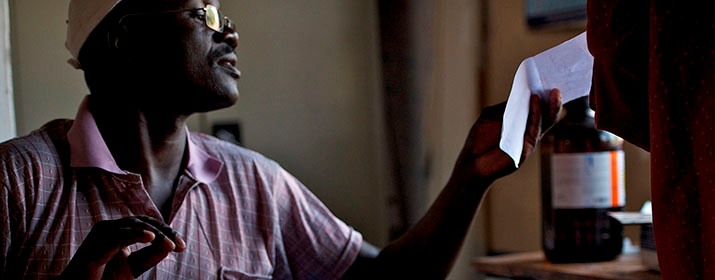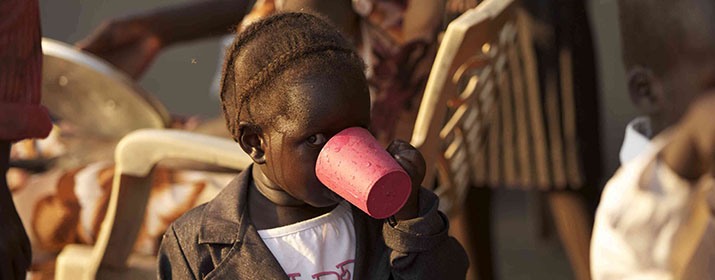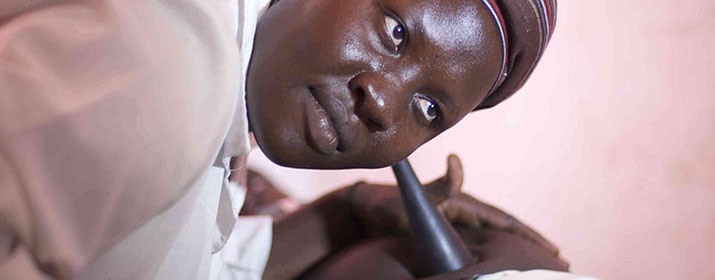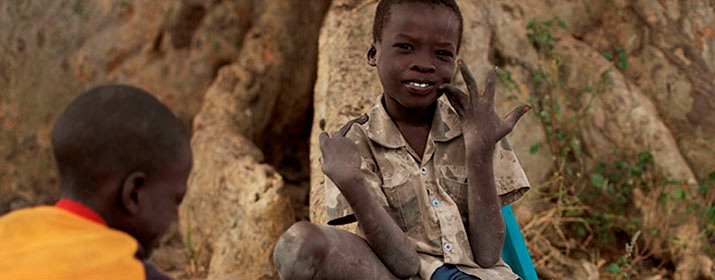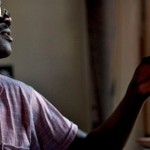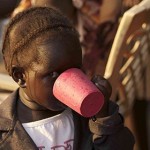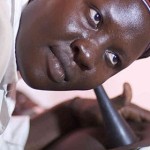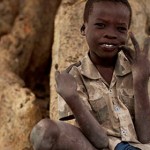In December 2013, with violence erupting between opposing factions within South Sudan army, large movements of population and IDP’s took place and affected the health situation in several parts of the country, including Jonglei State. The situation worsened when fighting took place in Ayod on 27th April 2014 and we lost most of our assets. This resulted to the community and IDPs in Southern Ayod fleeing to Northern county side, and all settling as IDPs in Jiech, Mogok, Pagil and Canal areas; health facilities in Ayod, Kuachdeng and Pajiek areas being abandoned and destroyed. Access to and within Ayod had been a major challenge in 2014. The conducted Rapid Response Mechanisms highlighted that primary health care services were in a dreadful state.
With this project we’ll support emergency primary health care services providing basic equipment, drugs and medical supplies, transported by air from Juba. We collaborate with UNFPA, UNICEF and SMoH in sourcing basic medical kits, including vaccines, and supplies, positioned in all the facilities prior to rain season, will be distributed upon identified needs.
Our strategy of implementation focuses on routine diagnostic services at facilities, and we carry out routine support supervision in facilities to ensure good practice and adequate stock of drugs, and meet community leaders to ensure community linkages with facility workers.
We also support immunizations via fixed and mobile health clinics targeting displaced people, including mass vaccination campaigns. With existing cold chain facilities in Jiech, routine immunization can continue. Mobile immunization will be carried out too, to reach IDP settlements and other remote locations far from these facilities.
Staffs will also continue to receive support supervision in building their skills at work place. Community based interventions will include awareness raising, hygiene promotion, education and participation in health-related issues. Health awareness will also remain a core activity at health facilities (PHCC/PHCU) and other service points (outreaches) in disseminating key messages in health, such as RH services, Kala-azar, and malaria prevention.

